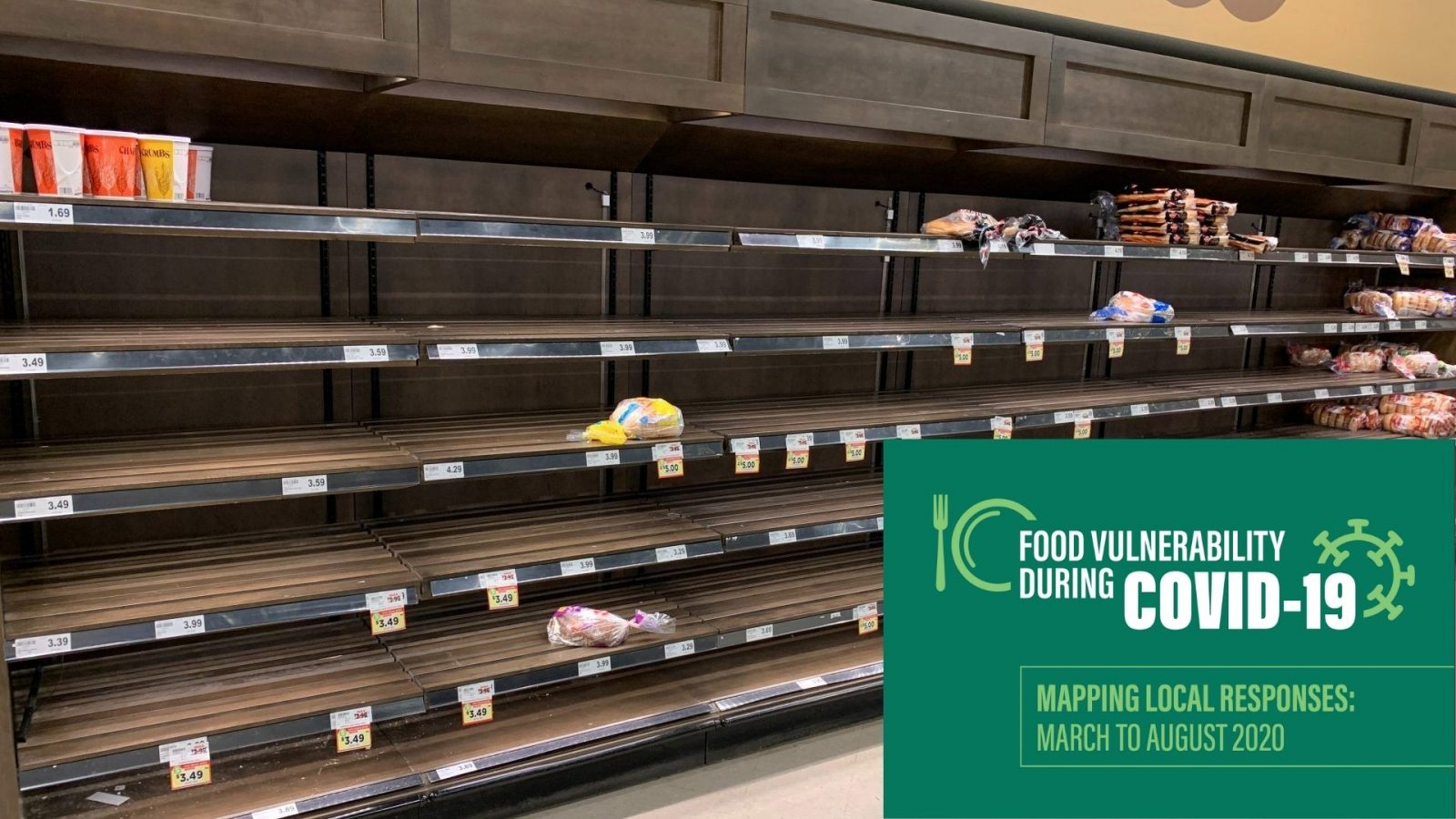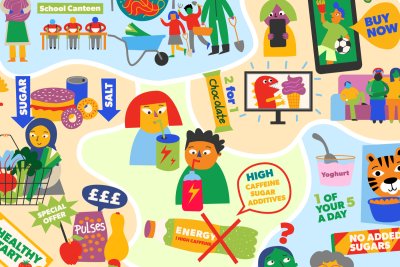A suite of reports have been published exploring local responses to household food insecurity across the UK during the Covid-19 pandemic.

The reports draw on 14 in depth qualitative case studies of local authority areas in England, Northern Ireland, Scotland and Wales. The research highlighted the unprecedented scale of local responses to food access issues between March – August 2020, the period of the first UK lockdown.
The local responses included work by new and existing food providers from across different sectors; working practices were overhauled and extensive partnership and collaborative working took place. There were levels of funding for food provision that have not been seen in recent times and new groups of volunteers, organisations and companies became involved in food support for the first time. Across this range of actors, partnership working, including through food partnerships and food poverty alliances, and working together was a key enabler of responses.
The reports published today are:
- A detailed comparative report presenting findings from a cross-case analysis of 14 local case studies, and an accompanying executive summary of the report.
- Eight case study reports that map local responses in Argyll and Bute, Belfast, Cardiff, Derry and Strabane, Herefordshire, Moray, Swansea, West Berkshire.
- A methodological appendix setting out the research methods that were undertaken in each local area case study.
- An executive summary and full report on local responses to household food insecurity during Covid-19 across the UK which includes all case studies, cross case analysis and the methodological appendix.
"This research presents a powerful picture of the response to food insecurity during the pandemic, in terms of both its scale and diversity, but also the challenges faced by local areas and the lessons that should be learnt to avoid institutionalisation of food aid. The research also highlights how food partnerships and food poverty alliances played a key role by helping to coordinate local responses ."
Simon Shaw, Head of Food Poverty Programme, Sustain
The new reports are part of the Food vulnerability during COVID-19 project which is funded by the Economic and Social Research Council (ESRC) as part of the UK Research and Innovation’s rapid response to Covid-19. The collaborative project is led by Dr Hannah Lambie-Mumford from the University of Sheffield and Dr Rachel Loopstra from King’s College London, in partnership with Sustain.
Find out more about the Food vulnerability during COVID-19 project.
Published Friday 23 July 2021
Sustain: Sustain The alliance for better food and farming advocates food and agriculture policies and practices that enhance the health and welfare of people and animals, improve the working and living environment, enrich society and culture and promote equity.





